Thousands of students at Florida A&M University participated in an interactive town hall meeting September 20th – the nation’s largest public meeting of its kind — addressing hazing in the campus community. This town hall serves as a continuation of the anti-hazing efforts since Interim President Doctor Larry Robinson began his tenure.
Although more than 2,000 students were in attendance, only 300 students utilized remote clickers to participate in a question-and-answer exercise with a panel of professionals. At the end of the event, the panel asked students: “Will you report hazing if you see it happening on campus?” The results showed 68% of students would not report hazing to the university or to the police.
The panelists reiterated to students that hazing is a criminal offense and punishable by conviction in the state of Florida. Most of the event was a discussion between the students and panelists. Students posted questions on Twitter using “#FAMUTownHall.” The panel of professionals included authors, professors, alumni, and representation from the FAMU Student Government Association.
One of the most out spoken panelists was Doctor Na’im Akbar, a clinical psychologist who has lectured at more than 300 universities about personality development of African-American people. “We forget the fact we just got off the plantation,” says Akbar, addressing the student body, “…hazing has no value in whatever you are trying to do.” Akbar concludes by explaining that the media doesn’t define FAMU; the students do and need to represent the school with respect.
FAMU launched www.StopHazingAtFAMU.com a few weeks ago, yet some students do not feel it has been successful in combating hazing in campus organizations.
“We need more action instead of words,” said music student Alyssa Anderson who sat in the front row at the town hall meeting, “The website is a good because it can be utilized anonymously, but we have all these meetings – let’s have workshops with more scenarios and realistic solutions to end hazing.”
Even among all of the discussions online and off, some questions were still left unanswered by the panel, which left Anderson unclearon the definition of hazing.
“You’d think [after] the death of one of our fellow Rattler’s [Robert Champion], students would realize that this so-called culture is not acceptable. I wish the panel would have clarified on hazing. If someone agrees to be hazed, has an opportunity to report it, but doesn’t, how is that justified?”
Anderson continues, “Some people are contaminated, like a parasite. They’re so used to hazing and that lifestyle in that organization. Change is going to take a while.”
All students were also asked to sign the anti-hazing pledge at the town hall meeting. Students will be unable to register for classes in the Spring 2013 semester unless they have signed the pledge.
The Marching 100 band tweeted during the event saying: “We’re in attendance at the FAMU Town Hall. We commit to end hazing.” This gathered a lot of applause from the crowd.
FAMU Board of Trustees is still in search of a new president. BOT hopes to secure a president by July 2013. The selection process will include input from the university community through various forums and meetings.



